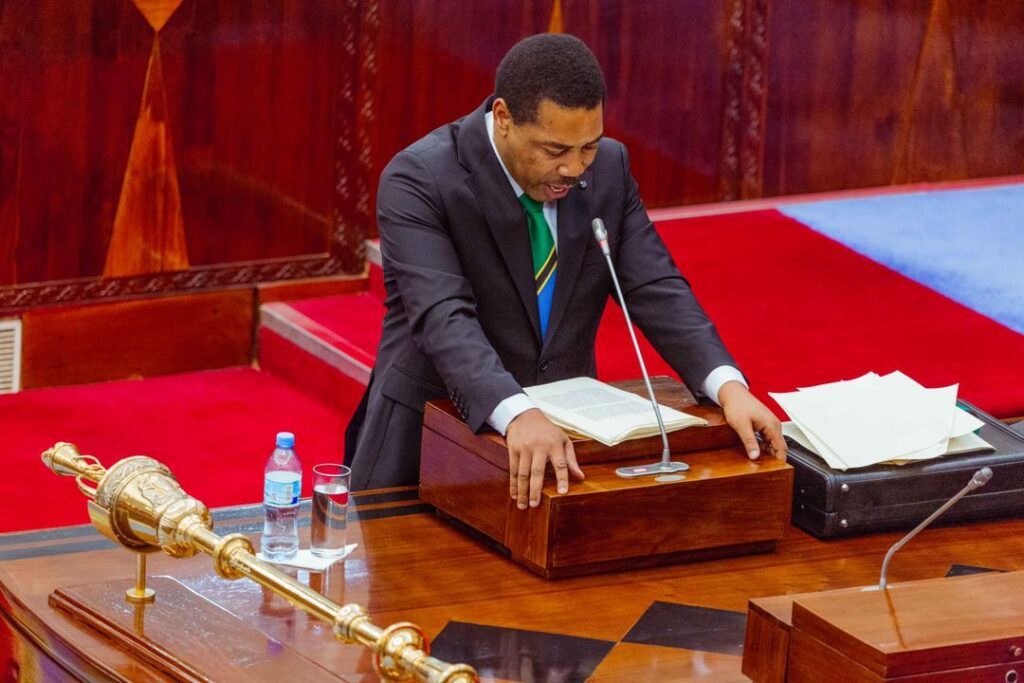Finance Minister Mwighulu Nchemba informed Parliament that empowering of locals comes with a number of benefits, including: profits retention to support the growth of local businesses; reduce the use of foreign currencies; increase employment opportunities and skills development; and enhance the capacity of local companies to compete internationally.
Tanzania’s 2024/2025 budget has re-cast more light on the participation of nationals in the local economy.

Presented by the Finance Minister Mwighulu Nchemba and subsequently passed by Parliament in Dodoma on Thursday, it highlighted that despite the significant allocation of government funds for development projects, a substantial portion of these resources fails to adequately benefit local stakeholders.
“This disparity is primarily attributed to the limited financial capabilities of domestic contractors, equipment providers, and professionals compared to their foreign counterparts, “ said Mwighulu
Recognizing these challenges, he noted that the government remains steadfast in its commitment to providing educational initiatives aimed at enhancing capacity of local entities in executing various projects, particularly within the construction sector.
Further, that the government is resolute in its efforts to enable local contractors to actively engage in major construction endeavours across all phases, encompassing planning, design, procurement, construction, and renovation processes.
To facilitate this objective, the government has devised a comprehensive strategy, the Local Content Strategy, and has initiated amendments to the Public Procurement Act No. 10 of 2023, thereby expanding the scope of projects exclusively designated for local implementation.
He urged all sectors to ensure strict adherence to these legislative measures, emphasizing the importance of compliance with empowerment policies.
“Contracts entered into with foreign entities must duly prioritize the utilization of local services and resources while fostering direct employment opportunities within the framework of respective projects,” said Nchemba
In addition, the government would establish a Venture Capital Fund to provide vital capital injections for small and medium-sized enterprises, thereby fostering economic growth through targeted support mechanisms.
He informed Parliament that empowering of locals comes with a number of benefits, including: profits retention to support the growth of local businesses; reduce the use of foreign currencies; increase employment opportunities and skills development; and enhance the capacity of local companies to compete internationally.
Meanwhile, on climate change, the minister said the phenomenom continues to bring adverse social and economic impact to developing countries, including Tanzania.
He reminded Members of Parliament that recently, the country had witnessed severe floods in the country that damaged infrastructures and disrupted productive activities. These impacts have affected the Government budget implementation, economic growth and the citizens’ welfare.
In addressing these adverse impacts, the Government has continued to invest in climate change mitigation and adaptation. Including mobilizing climate finance from Development Partners.
For instance, the Government is in discussions with the International Monetary Fund (IMF) to benefit from a concessional loan through the Resilience and Sustainability Facility (RSF) window to build resilience to withstand the impacts of climate change.
He urged all institutions to incorporate climate change adaptation and mitigation measures when planning and implementing various policies and programs.
